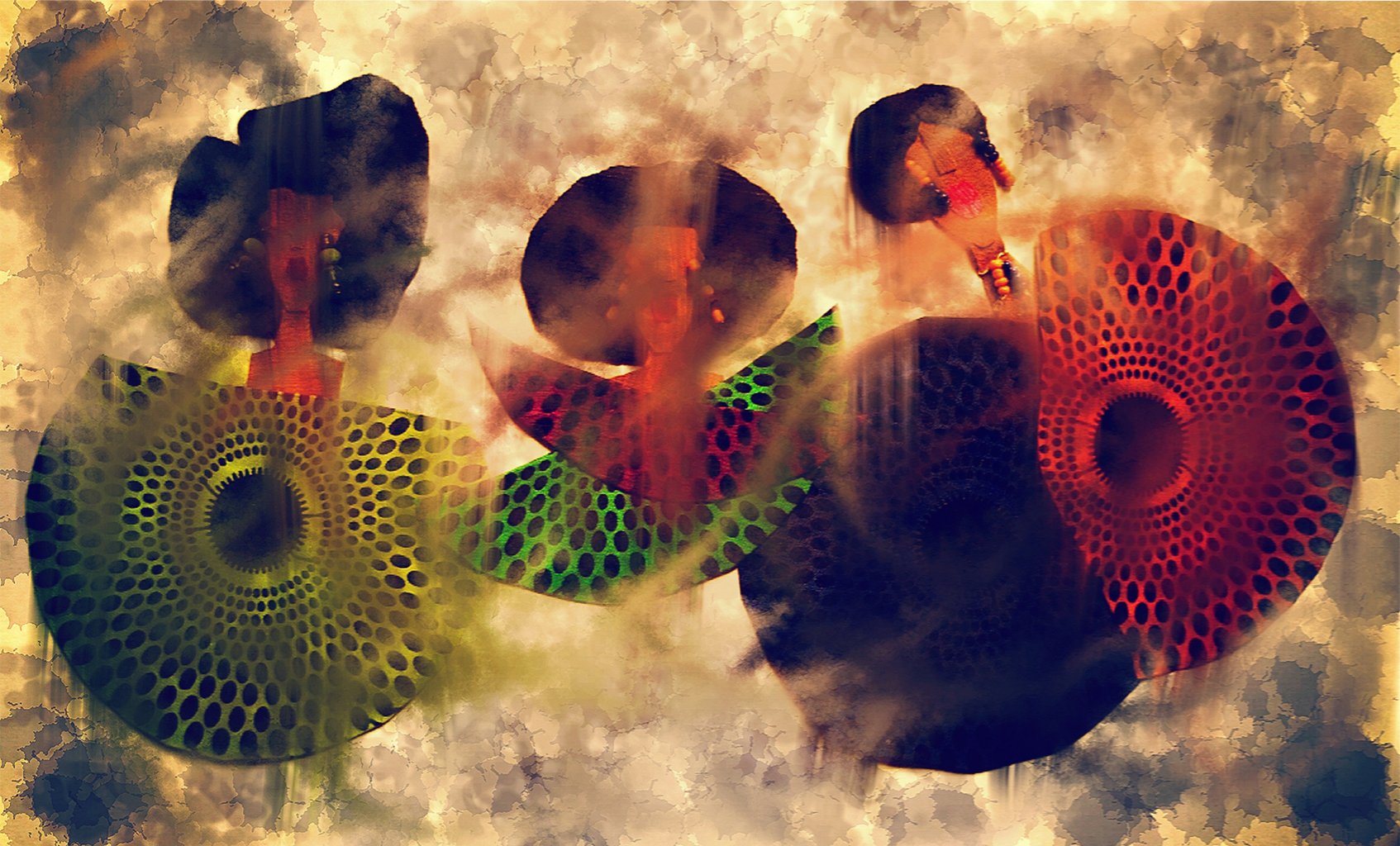
fiction, summer 2020
The Fox Spirit’s Retelling
The legend is only partially true. I did bathe in the river and the farmer did see me there in human-skin. I had hidden my fox-skin well. I am not the hu li jing of the Western legend who they kidnapped, whose fox-skin they stole. One human poet called it devotion that she returned nightly to her husband. She was devoted to her fox-skin as one is devoted to one’s hands.
When humans carved their way into the forest and turned trees into their homes, we determined some use for their village. Some of us can walk upright and sit in human-skin for hours in service to those who cannot. Madam Snake is too old to hunt rabbits. The ghosts want new clothes but cannot wait until the new year.
The farmer knew me from the market. This young man had shoulders as wide as his plow. He bought my herbs and tonics for aching muscles. I learned that he worked his land alone, that he considered it his because his grandfather had passed it down. I did not tell him that the land before his grandfather’s time belonged to everyone, not just humans.
The humans had pasted wards across every threshold, stopping weaker spirits from entering. Walking under the new wards felt like my bones were trying to erupt from my skin. Shamans had blessed these papers, but the magic came from the ink, made from the burnt bones of spirits.
Nightly, I added a stroke to render the wards’ magic impotent. One vengeful ghost had come through and chased her husband down their well. The humans thought grief had driven him to the same well where they had found his wife’s broken body.
When he saw me at the river, I imitated a succubus’s laughter. Water ran down my leg and caught the sunlight. I’d never seen a man disrobe so quickly. No wonder the Woman Spider never starved for mates and meals.
I remember the strength in his hands. I’d bandaged them with honey to prevent infection once when his ox bit him. These hands had plastered wards across his wagon.
Afterwards, when we were drying on the grass, he asked me to be his wife. Once seduced, would he remove the wards? Would he share his land with the demons who had lived there before his grandfather’s time?
The sounds of men shouting in the distance startled us.
“It’s the hunt,” he said, searching for his pants. “There is a beast in the forest, luring men with a baby’s cries. It eats our hearts and livers. But if we eat it, we will be immune to poison.”
I escaped before he found his shirt.
The legend would have you believe an invader of our home could seduce a fox spirit into hiding her true nature. The poet laments that when he found her fox-skin, she abandoned him.
That night, I smeared every ward in the village with ash and pig’s blood. I poured the blood onto the floor of my shop and splashed it across the walls. All of us who had lived in the village ran. We crossed paths with demons seeking to eat a holy man for immortality and tree spirits eager to water their roots with human blood.
Two new moons later, I had our son.
He has his father’s shoulders, but we share the same fur. His is dark, soft as shadows. I’ve seen him sit in the inbetween-skin, pulling on his fox-skin and watching his reflection in the water. His human features melted into pointed ears and a bushy tail. Jagged tufts of white fur circle his right foreleg where a trap caught him when he was a cub. Each trap steals an acre of our safety while the humans hide behind their wards.
The legend ends with the human’s forgiveness because the hu li jing is his son’s mother. I will not seek forgiveness. I will walk into the village in human-skin again and tear the wards down. My son will meet his father. I will ask the farmer if he would eat his son’s flesh.
Wen Wen Yang
was born and raised in the Bronx, New York. She graduated from Barnard College, Columbia University with a degree in English and a concentration in Creative Writing.
